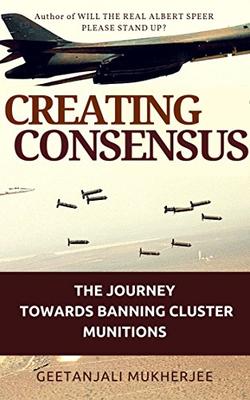Sign up now to get the most out of Books2Read
We're always making new tools to help you discover, save, and share your favorite books.
Sign up now to get updates whenever we release new features!
Discover something great at Books2Read.
We're always making new tools to help you discover, save, and share your favorite books.
Watch your email for exciting announcements and new features coming soon!
Thanks for signing up for Books2Read notifications!
Check your inbox for a confirmation email with instructions to finish signing up.



Geetanjali Mukherjee

Geetanjali Mukherjee grew up in India, spending her early years in Kolkata, and then attending high school in New Delhi. She went on to read law as an undergraduate at the University of Warwick, United Kingdom, where she joined as many clubs as possible while still giving the impression she understood the intricacies of trusts law. She went on to earn a Masters' in Public Administration from Cornell University, United States, while trying not to freeze along with the famed Ithaca lakes. She is also a member of Pi Alpha Alpha, the Global Honor Society for Public Affairs and Administration.
Geetanjali is the author of thirteen books, although sometimes it feels like she is writing the very first one. Her books have been translated into six languages. Geetanjali currently lives in Singapore.
